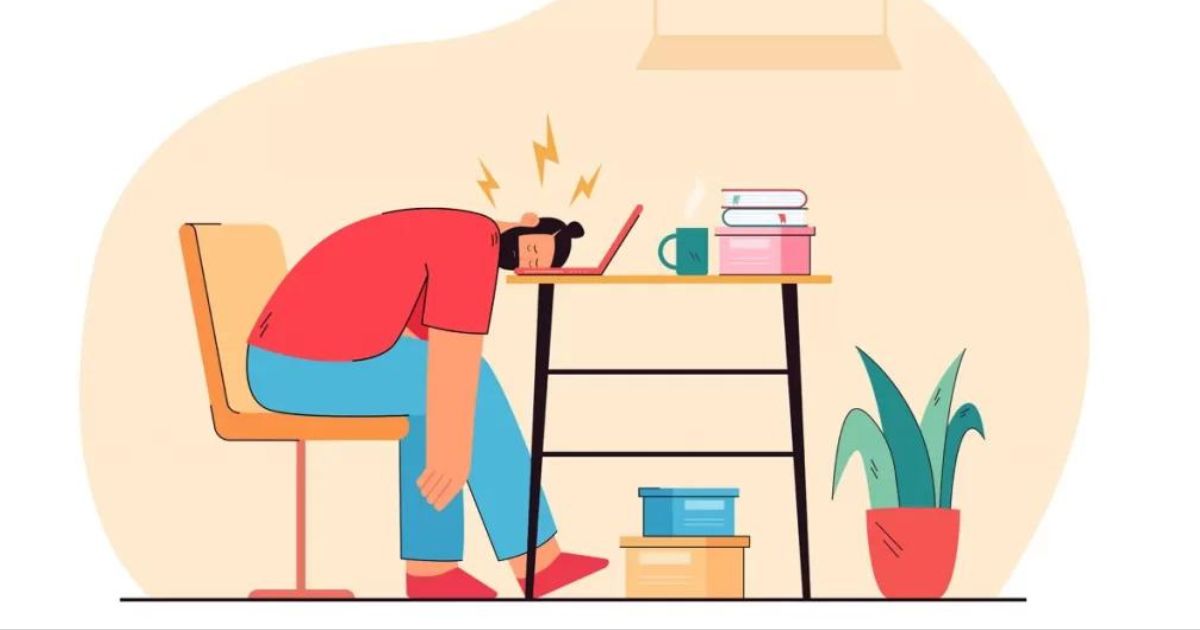A recent study conducted by OnePoll on behalf of Nectar Allergy has shed light on the significant pressure Americans feel to work while under the weather, affecting their social lives, relationships, and financial well-being.
The survey of 2,000 general population Americans unveiled the startling impact of work pressure, the prevalence of working while sick, and the impact of allergies on daily life.
According to the research findings, the average American spends approximately 84 hours per year working while feeling unwell. This translates to an average of 10 and a half days annually spent working despite being under the weather. Alarmingly, nearly half of the respondents (47%) admitted that they would rather “power through” than take a sick day, reflecting a pervasive cultural attitude towards sickness and productivity.
Study About the Impact of Work Pressure
The study delved deeper into the reasons behind this phenomenon, revealing that some individuals feel pressured to work while sick due to concerns about being perceived as “dramatic” by others (34%).
Additionally, negative comments from peers about their frequency of illness (48%) contribute to a sense of obligation to prioritize work over health. Moreover, a significant portion of respondents (26%) expressed feeling like they are the person in their social circle who is most often sick or unwell.
In terms of social impact, the study found that Americans miss an average of 17 social events per year due to feeling unwell. While colds, flu, or other sicknesses were cited as the primary reason for missing social gatherings (40%), allergies also played a significant role, affecting one-third of respondents (33%).
Notably, individuals with allergies reported experiencing a heightened fear of missing out (FOMO) compared to those without allergies, indicating the psychological toll of chronic illness on social engagement.
Kenneth Chahine, Ph.D., chief executive officer and co-founder of Nectar Allergy, expressed concern over the societal pressure to work while sick, emphasizing the isolating effects of airborne allergies. He highlighted the need for greater awareness and understanding of the impact of allergies on individuals’ lives, both in terms of health and social well-being.
Financially, allergies also pose a considerable burden on individuals, with allergy sufferers spending an average of $207.30 per year on treatments, which is 64% more than non-allergy sufferers spend on treating regular colds ($126.20). This financial strain, coupled with the time spent managing symptoms, underscores the multifaceted challenges faced by individuals dealing with allergies.
Shyam Joshi, M.D., chief scientific officer at Nectar Allergy, emphasized the importance of prioritizing self-care and seeking innovative, cost-effective treatments for allergies. He encouraged individuals to prioritize rest and well-being, acknowledging that persistent illness can have a profound impact on overall quality of life and decision-making.
The study findings underscore the need for greater awareness and support for individuals struggling with chronic illnesses, such as allergies, and highlight the importance of fostering a culture of understanding and empathy in the workplace and beyond.
As Americans navigate the complexities of balancing health, work, and social obligations, addressing the underlying factors driving the pressure to work while sick is essential for promoting holistic well-being and productivity.








Leave a Reply
You must be logged in to post a comment.